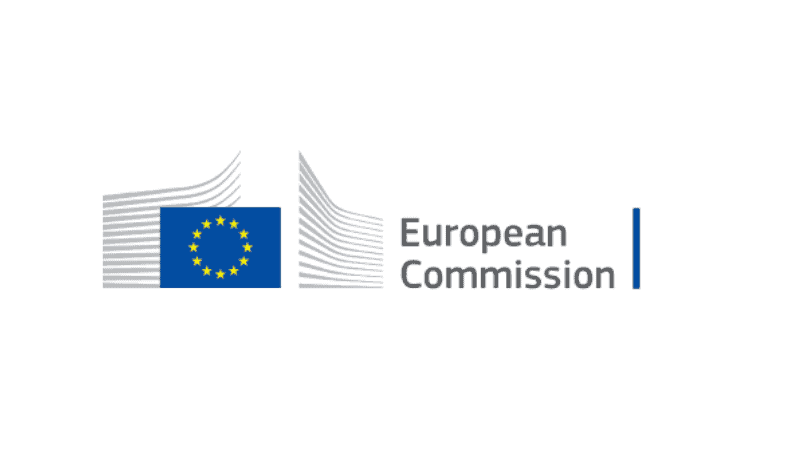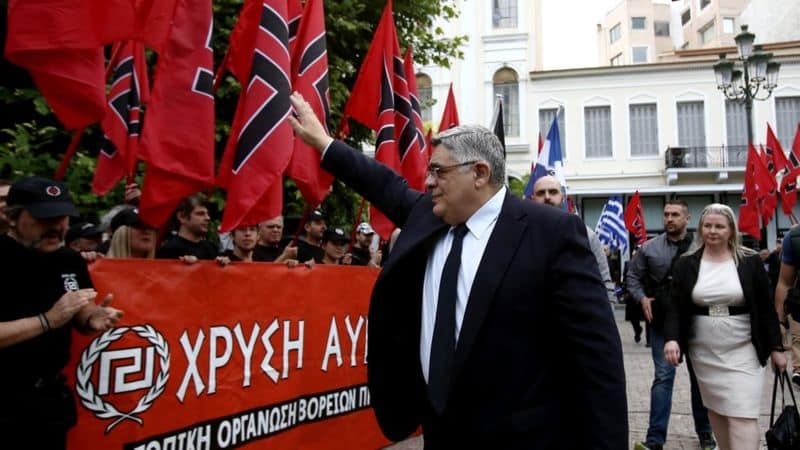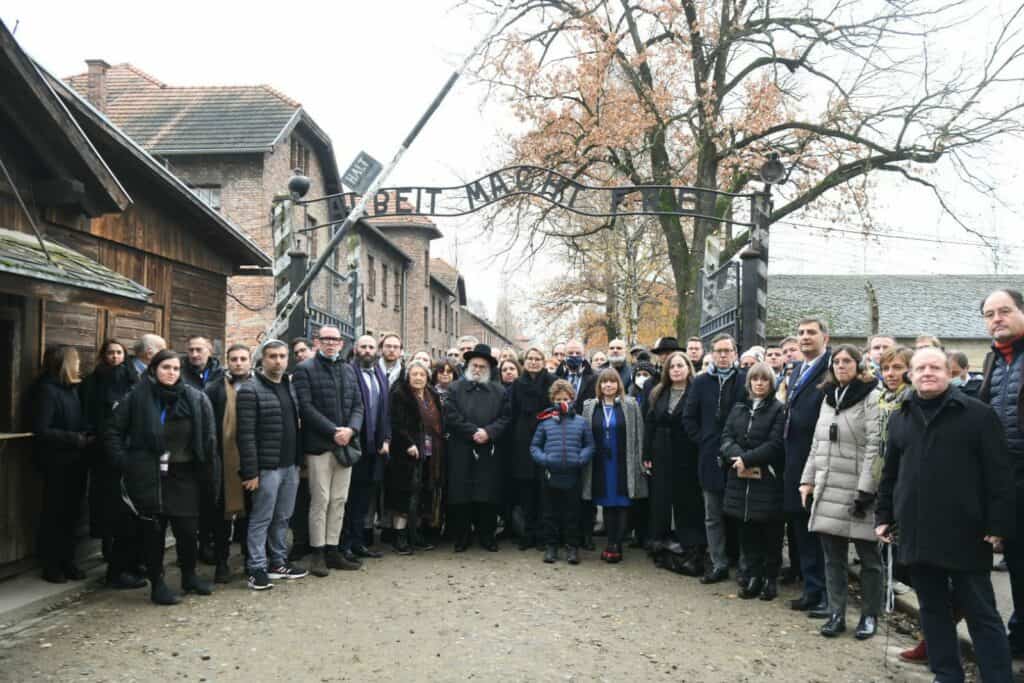Si è conclusa con un applauso alla polizia italiana la conferenza della European Jewish Association (Eja) nell’83° anniversario della Notte dei Cristalli. Per ricordare la distruzione di 1.400 sinagoghe in Germania e Austria e l’uccisione di alcune centinaia di ebrei, la Eja ha raccolto decine di responsabili dei ministeri dell’Istruzione d’Europa per fare il punto sul contrasto all’antisemitismo a scuola. Al capo della polizia Lamberto Giannini, la Eja ha tributato il King David Award per l’opera di protezione delle comunità ebraiche. È stato l’ex vicepresidente della comunità ebraica di Roma Riccardo Pacifici a ricordare che «in Italia non c’è una scuola ebraica o una sinagoga che non goda di una protezione costante». Al Giornale, il prefetto Giannini ha ricordato che «l’antisemitismo è un fenomeno al quale prestare la massima attenzione: anche l’emergenza sanitaria ha dato vita a rigurgiti antiebraici sul web».
Cosa succede in rete?
«In molti fanno circolare dichiarazioni di odio che noi perseguiamo come reato, spesso senza neppure rendersi conto della gravità delle loro frasi, magari scritte per fare un commento o per emulazione».














